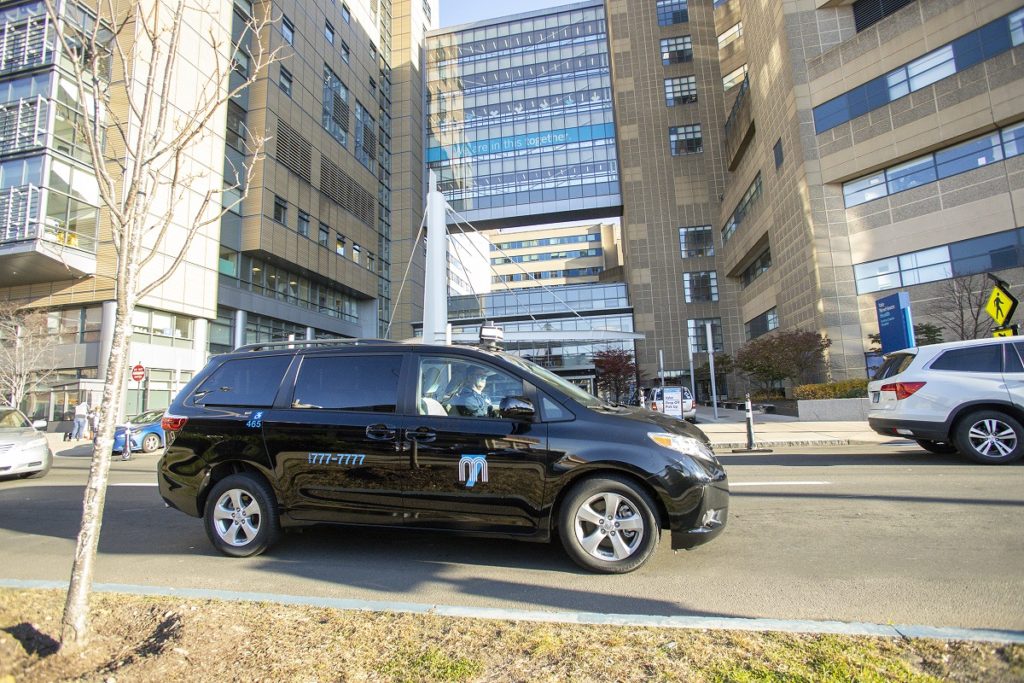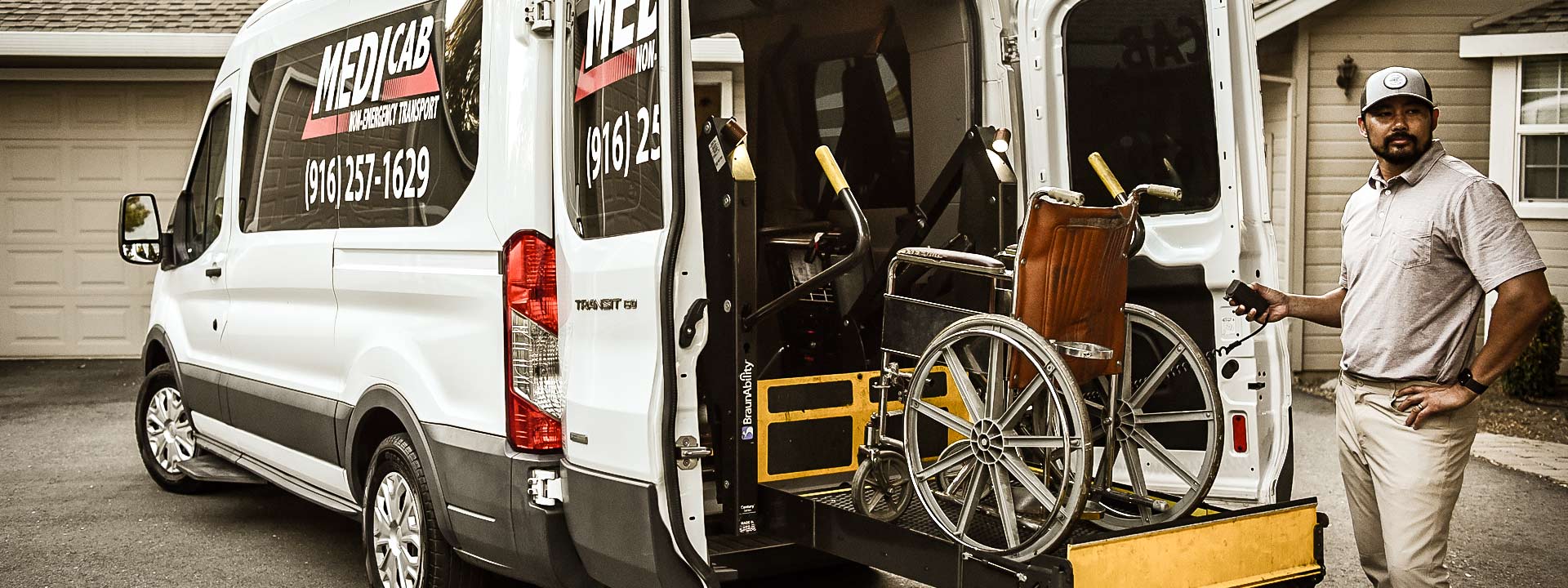Easily Accessible and Affordable Medical Transportation Options for Seamless Wellness Assistance
In the realm of medical care, the availability and cost of medical transport are critical in guaranteeing people can access the care they need when they require it. The capability to perfectly navigate transport alternatives can significantly affect an individual's ability to get timely clinical interest, follow-up treatment, and total health. From non-emergency clinical transport solutions to cutting-edge remedies like telehealth, the landscape of clinical transport is progressing to satisfy the varied needs of patients. Taking into consideration the relevance of this aspect in health care distribution, checking out the selection of options available ends up being crucial for addressing voids in ease of access and affordability.
Non-Emergency Medical Transport Solutions

These solutions are staffed by experienced professionals who prioritize patient convenience and safety throughout transportation. Vehicle drivers are equipped to deal with individuals with varying clinical demands and guarantee that all journeys are smooth and hassle-free - Medical Transportation Services Near Me. In addition, non-emergency clinical transportation services frequently use specific lorries that are wheelchair-accessible, making them suitable for a variety of people with various movement needs
Volunteer Vehicle Driver Programs
Volunteer motorist programs are instrumental in providing transportation assistance for individuals seeking non-urgent healthcare. These programs count on the kindness of volunteers who contribute their time and automobiles to aid transportation individuals to and from medical appointments. By making use of volunteer drivers, companies can provide a cost-effective solution for individuals who might not have access to reliable transportation.
Among the crucial benefits of volunteer driver programs is the personalized care and interest that people receive. Unlike typical transport services, volunteer motorists usually develop a rapport with the people they help, creating a helpful and caring setting throughout what can be a stressful time. In addition, volunteer driver programs can aid connect the space for individuals residing in underserved or country locations where mass transit choices may be limited.
Public Transport Options

One of the key benefits of public transport is its extensive accessibility in urban and country locations alike. This considerable network allows individuals from varied histories to take a trip to clinical appointments with loved one simplicity. In addition, public transport systems are frequently equipped to accommodate people with impairments, giving accessible traveling choices for those with flexibility challenges.

Ride-Sharing and Transportation Network Firms
The evolution of modern transportation options for medical purposes expands beyond conventional public systems like trains and buses to incorporate the innovative world of ride-sharing and transport network business. Ride-sharing solutions such as Uber and Lyft have actually revolutionized the way individuals take a trip to clinical consultations, providing ease and versatility to people that may not have accessibility to their vehicles or conventional public transport. These platforms enable customers to request a trip with the touch of a button on their mobile phones, providing door-to-door solution that can be specifically beneficial for people with flexibility difficulties or those calling for assistance.
Transportation network firms (TNCs) have actually likewise played a considerable role in linking the gap in clinical transportation solutions. Firms like Veyo and RoundTrip specialize in non-emergency medical transport, providing to individuals who require a higher degree of support throughout their journeys to clinical centers. By partnering with doctor and insurers, TNCs make certain that clients can access dependable and prompt transportation solutions, inevitably adding to improved health results and person fulfillment.
Telehealth and Virtual Consultations
Enhancing health care access and ease, telehealth and online examinations have actually arised as critical elements in modern medical techniques, revolutionizing the method clients engage with health care companies. Telehealth leverages technology to assist in remote interaction between patients and healthcare professionals, supplying a wide range of services such as online assessments, remote monitoring, and digital prescriptions. Virtual consultations make it possible for patients to seek medical advice, medical diagnosis, and therapy from the convenience of their homes, removing the need for physical brows through to medical care facilities. This method not only saves time and minimizes transport costs for clients but also boosts the general performance of healthcare shipment.
Furthermore, telehealth plays a vital function in click here for info expanding medical services to underserved communities, country locations, and individuals with limited flexibility. By damaging down geographical obstacles from this source and raising healthcare outreach, telehealth promotes early intervention, continuity of treatment, and individual involvement. As modern technology remains to advancement, telehealth is positioned to play an increasingly substantial duty in shaping the future of healthcare shipment, promoting better health and wellness outcomes and person contentment.
Final Thought

From non-emergency clinical transport services to cutting-edge services like telehealth, the landscape of clinical transport is advancing to satisfy the diverse needs of clients.Non-Emergency Medical Transport Provider assist in the risk-free and timely transportation of people requiring non-urgent clinical treatment to and from medical care centers.The evolution of modern-day transport options for clinical objectives extends past traditional public systems like trains and buses to include the cutting-edge world of ride-sharing and transport network business.Transport network business (TNCs) have likewise played a significant role in connecting the space in clinical transportation solutions. Non-Emergency Medical Transportation Services, Volunteer Vehicle Driver Programs, Public Transportation Options, Ride-Sharing and Transport Network Business, and Telehealth and Virtual click Consultations all play a crucial role in addressing transport obstacles to healthcare accessibility.